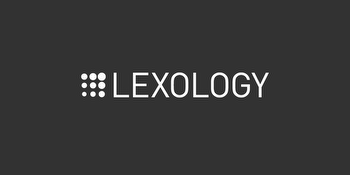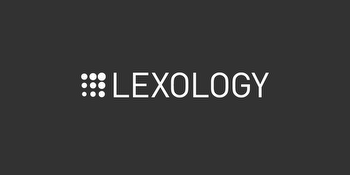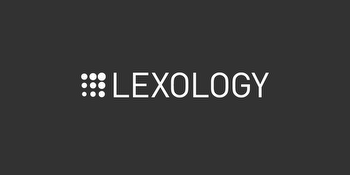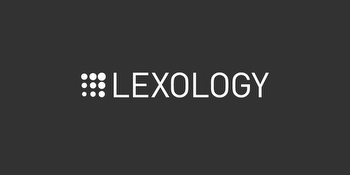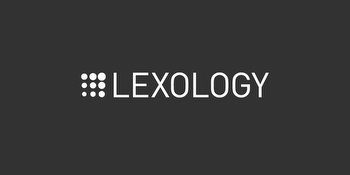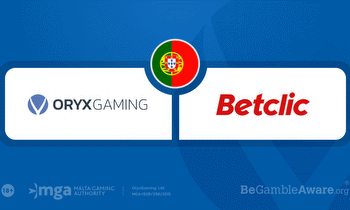In review: licensing and taxation of gambling activities in Portugal

Gambling in Portugal dates back to 1927. The land-based gambling legal framework dates to 1989. Online gambling was legalised in 2014 and further regulated in 2015. Gambling Inspection and Regulation Service (SRIJ) is the Portuguese gambling regulator. It controls, inspects and regulates all gambling activity in the country. It is also the entity that determines the public tenders for public concessions, issues licenses for online gambling entities, collects all the relevant taxes and instructs any gambling administrative offences. State-run games follow an extensive legalframework, scattered across a number of diplomas dating back from 1955.
Operators must comply with the rules regarding the licensing and taxation of gambling activities in Portugal.
All accesses by players from Portugal are redirected to the top-level internet domain with the “pt” ending. The operator shall ensure access to gateway data in a usable format for a possible audit process.
In what concerns land-based operation, the production, export and import, sale and transport of material intended to operate games of chance needs prior approval from the SRIJ. State-run games equipment such as the points of sale are verified by SCML Gambling Department. There are no B2B licences. Before a licence is granted, an operator system is certified and tested. The use of cryptocurrencies or other tokens as a payment method for gambling activities is not allowed.
install a dedicated infrastructure (Safe) in Portuguese territory to store gambling and betting data. The operator shall provide SRIJ permanent access to the Safe.
The taxation of gambling income in Portugal varies depending on the type of activity and the amount of income. The special gambling tax (IEJ) is applied to land-based casino games. Stamp duty is also applied for bingo and state-run games, and for fixed odds sports bets. Online gambling is taxed at a monthly rate depending upon the turnover.












